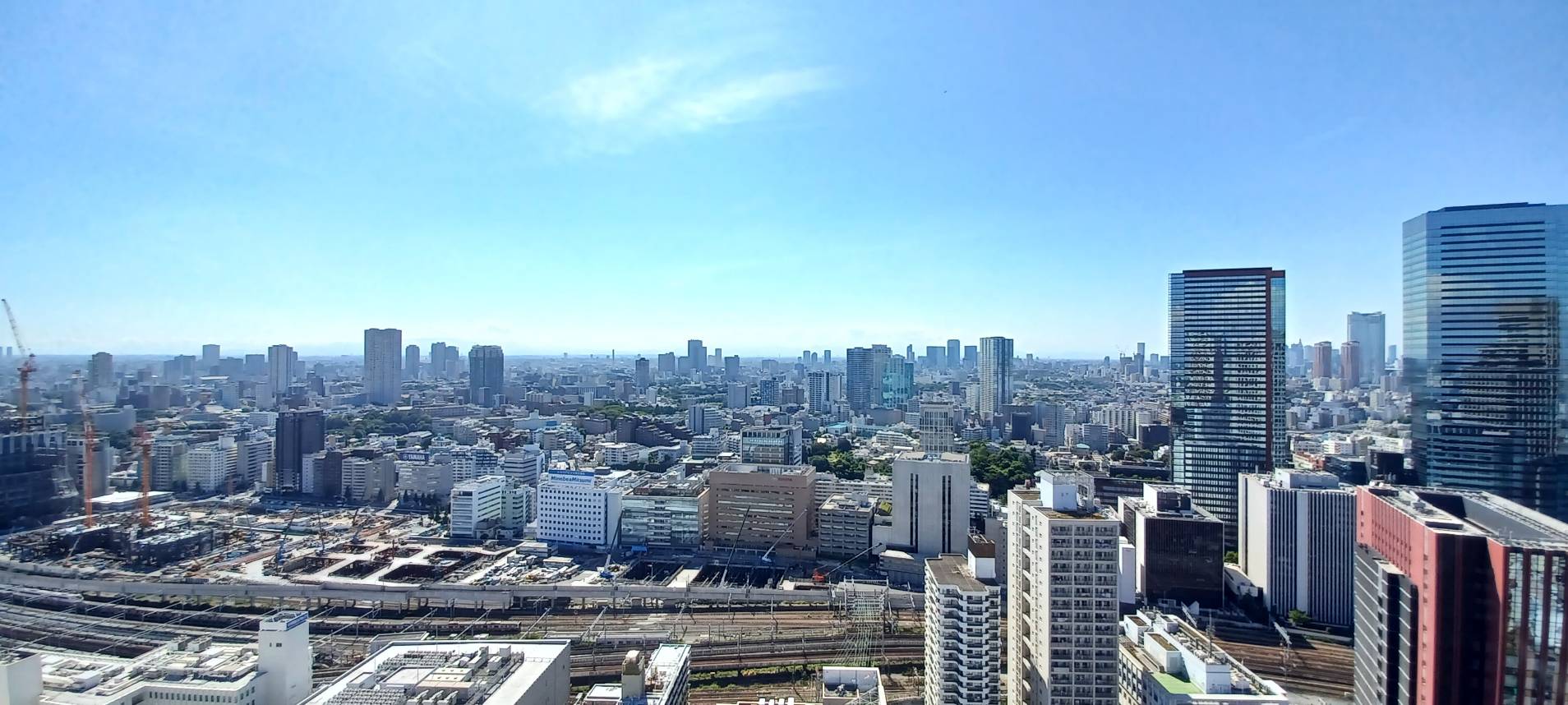As the COVID-19 pandemic gradually recedes, Japan is experiencing a resurgence in the number of foreign travelers visiting the country. This revival in international tourism is expected to have a significant impact on the demand for Japanese real estate by foreign investors. As a real estate agent catering to the needs of foreign clients, it is crucial to analyze and anticipate the future trends in this market segment to better serve potential buyers. We would like to share a comprehensive outlook on the projected demand for Japanese real estate by foreign investors in the post-pandemic era.

With the easing of travel restrictions and improved confidence in international travel, Japan is likely to witness a surge in foreign visitors. The demand for short-term rental properties, such as vacation homes and serviced apartments, is expected to rise in popular tourist destinations like Tokyo, Kyoto, Osaka, and Hokkaido. Foreign investors may see these regions as lucrative opportunities to invest in properties that can cater to both the domestic and international tourism markets.
The pandemic has accelerated the adoption of remote work and flexible work arrangements globally. As companies embrace remote work policies, some foreign investors may consider purchasing properties in Japan for personal use, as a second home, or as an investment opportunity. Properties in regional cities or rural areas with attractive amenities and a slower pace of life may appeal to those seeking an escape from the bustling city life or as a serene remote working location.
Compared to other major international cities, certain areas in Japan offer relatively affordable real estate options, making it an attractive investment proposition for foreign buyers. Japanese property prices have shown stability and resilience over the years, and with the country’s improving economic outlook, investors may see potential for capital appreciation over the long term.
Recognizing the importance of foreign investment in the real estate sector, the Japanese government may introduce or enhance policies to attract foreign buyers. Streamlined processes for property ownership, eased visa regulations, and tax incentives could further encourage foreign investment, making Japan an appealing destination for international real estate investors.
Japan’s aging population and declining birth rates have been significant factors affecting the real estate market. However, an influx of foreign buyers could mitigate some of these challenges by contributing to a more diverse and dynamic property market. For instance, foreign investors might show interest in properties suitable for co-living or co-working spaces, catering to the needs of younger professionals or students.
An increasing number of foreign investors prioritize sustainability and eco-friendliness when considering real estate investments. Demand for environmentally conscious properties, such as energy-efficient buildings and those with green certifications, is expected to rise among foreign buyers. Japanese developers and agents can capitalize on this trend by promoting eco-friendly properties to appeal to this growing segment.
While the demand for Japanese real estate by foreign investors is poised to grow, there are challenges to address. Language barriers, cultural differences, and varying legal and tax systems can be obstacles for foreign buyers. As a real estate agent, offering multilingual support and guidance through these complexities will be crucial in building trust and facilitating smooth transactions.
The post-pandemic era presents an optimistic outlook for the Japanese real estate market, with the resurgence of foreign tourists contributing to the demand for properties by foreign investors. As an agent, understanding these future trends and anticipating the evolving needs of foreign buyers will be vital in successfully navigating and capitalizing on this growing market segment. By offering personalized services and catering to the preferences of international investors, we believe that our company, REDS can flourish in the years to come.

コメント